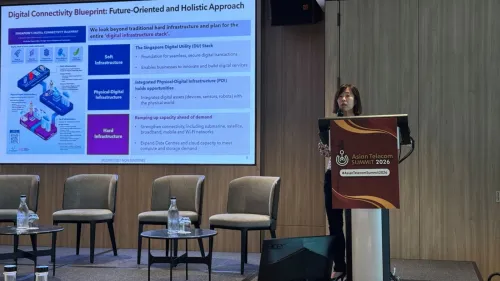
How governments are dealing with ‘sovereign clouds’
These are clouds deployed and managed within a single jurisdiction.
Governments are shaping how “sovereign clouds” are regulated and used as more investments flow into cloud services globally, a report noted.
“Sovereign clouds,” according to Capgemini, refers to a cloud computing environment that is owned, deployed, governed, and managed locally, or regionally within a single nation or jurisdiction. Investments in cloud services are expected to exceed the $1t threshold by 2024 as cloud sovereignty gains traction across economies.
“What’s clear is that governments are leading the charge to cloud sovereignty, with a range of regulatory developments shaping the way forward,” Stegan Zosel, Capgemini Government Cloud Transformation Leader, said in the report “The Journey to Cloud Sovereignty the Capgemini Research Institute.”
Capgemini surveyed senior executives from 1,000 organisations across multiple sectors, including 200 in government and the public sector.
The survey, in particular, found that more than 3 in 4 (76%) respondents of government or the public sector believe a sovereign cloud will be adopted in their organization to ensure compliance with the regulations and standards of the local government. This is higher than the 71% recorded across all sectors.
The report also found that 74% of public sector participants cited concern over the security and resilience of public cloud providers, whilst the threat of potential exposure to extra-territorial laws or the possibility of data access by foreign governments was raised by 68%.
Zosel noted that there are some countries that have put in place provisions to mitigate such risks.
The US, for instance, enforced the 2018 CLOUD Act that provided authorities access to data belonging to cloud service providers based in the US.
Moreover, Capgemini observed that whilst many have embedded into their strategies, organisations have raised concerns over uncertainty.
Around 28% of organisations in particular said they need more clarity, whilst only 3% of public sector organisations say they have a well-defined cloud sovereignty approach.












